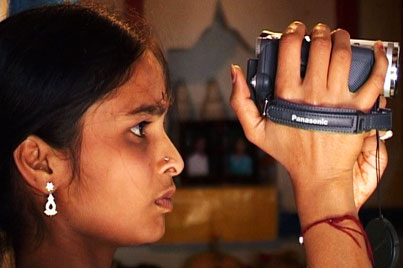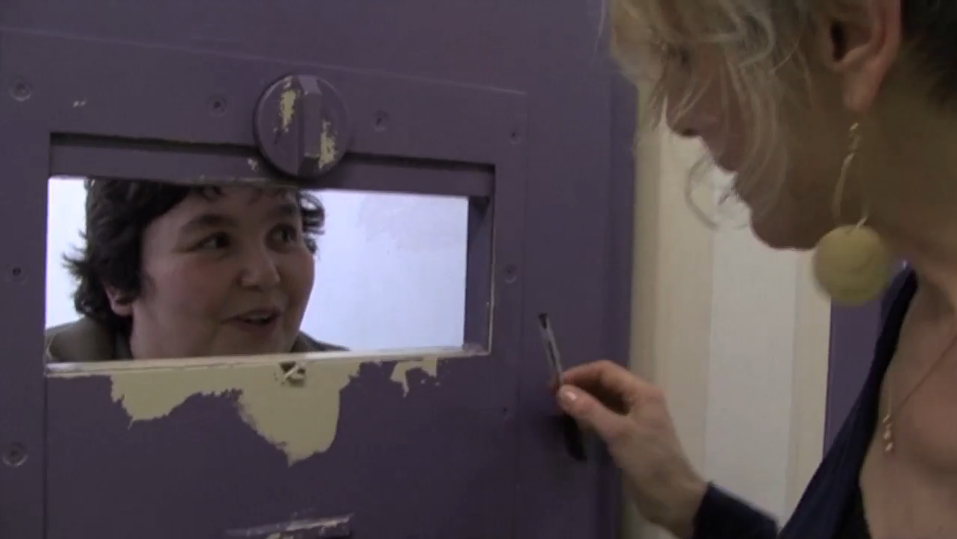It's only been a few months since the LFFF's initial email to me, but judging from the film festival's program, the organizers efforts have really paid off. It's not every day I get to see I'm impressed with an organization's outreach efforts (and results). So, I'd like to take this…
-
-
4 Powerful Documentaries about African Women Everyone Should Watch
Check out these powerful films -- Taxi Sister, KungFu Grandma, The Witches of Gambaga, and Ladies' Turn -- exploring the lives of African women through narrative documentary. They're showing at the London Feminist Film Festival, which was set up as a response to the under-representation of women in the film…
-
Afrofeminist Film Review of “Beautiful Sentence”: Women in Prison Write Poetry for Healing and Salvation
Check out my review of Beautiful Sentence, a short documentary about women in prison as they experience the liberating effect of creative writing, in which I reflect on gender segregation in prison systems and its impact on transgender women. Beautiful Sentence screens at the first annual London Feminist Film Festival…
-
The London Feminist Film Festival Seeks Submissions from African Women Filmmakers
The very first London Feminist Film Festival, held between Nov 29 - Dec 2, 2012 at the Hackney Picturehouse, is seeking submissions from African feminists. The organizers are actively working to solicit submissions from filmmakers with diverse backgrounds, including the LGBTI Diaspora. I may actually submit something, given how visually…



